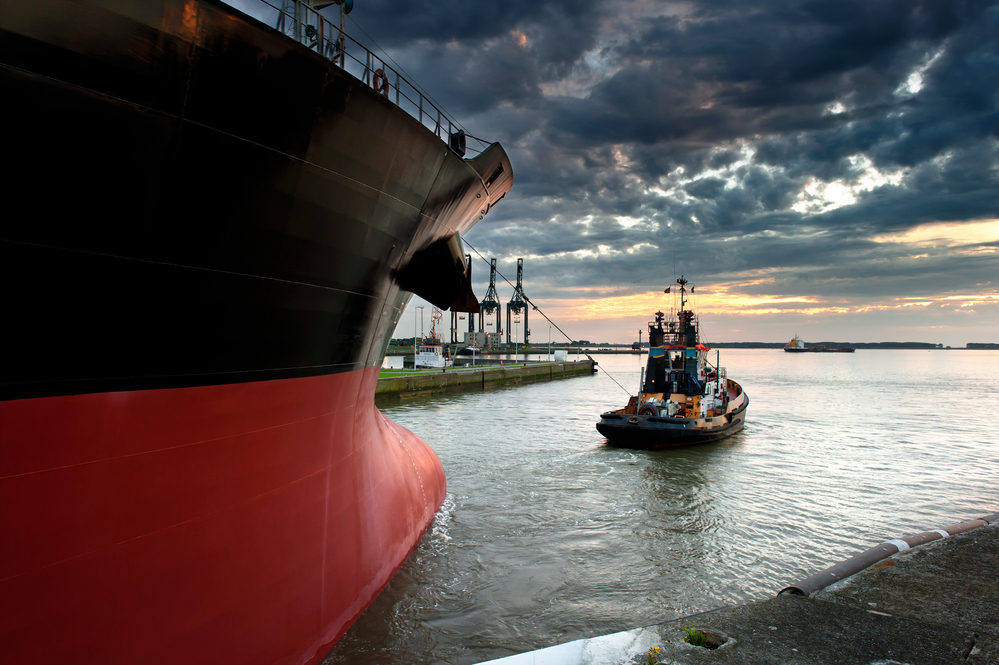 Disputes on international waters usually lead to maritime law legal issues. . Rather than progressing through the confusing and complicated laws of an outdated system, the two parties can use a neutral professional to help settle the matter amicably without the need to litigate. While the maritime mediator has no power to decide what outcome the case has, he or she can help settle the dispute through listening and providing a sounding board. The mediator relies on knowledge and experience to help find creative solutions to difficult problems.
Disputes on international waters usually lead to maritime law legal issues. . Rather than progressing through the confusing and complicated laws of an outdated system, the two parties can use a neutral professional to help settle the matter amicably without the need to litigate. While the maritime mediator has no power to decide what outcome the case has, he or she can help settle the dispute through listening and providing a sounding board. The mediator relies on knowledge and experience to help find creative solutions to difficult problems.
The Maritime Mediator’s Role
The mediator is the administrator of this process, and he will ensure that the procedure moves properly with the agreed rules. The professional will coordinate matters and keep the case progressing. The mediation is prompt and fair. It provides an efficient way for the parties to resolve their dispute. At the beginning of mediation, the mediator will explain the rules. The parties will then usually split up and the mediator will take turns listening to each party, during which time he or she will remain. The mediator will let both sides unbiased and objective. By looking for an overlap in the parties’ interests, the mediator can assist the parties in reaching a settlement that is agreeable to both of them.
Advantages of Using Maritime Mediation
Maritime law usually applies when in international waters or over 25 miles from the shore. The mediation process can provide the means to reduce stress when there is a legal dispute and help the two parties create an open dialogue. A primary benefit is the significant reduction in cost over litigation. Additionally, there is a significant decrease in the time it takes to resolve the matter. Mediation is usually more flexible and less formal than litigation. The mediator can explain how maritime law works and why this process can bypass the more outdated rules that would govern the case.




